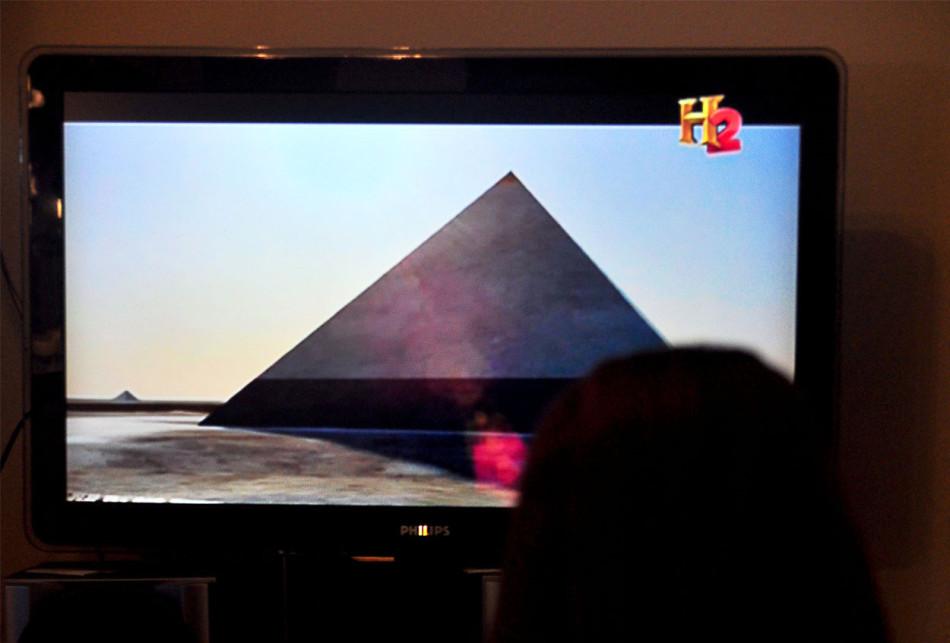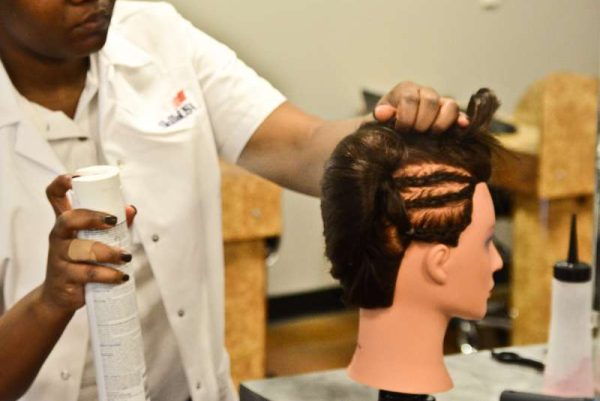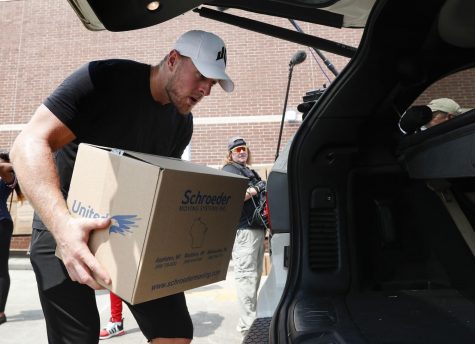Research shows teens ‘waste’ free time
According to data from the American Time Use Survey (ATUS), students spend the majority of their free time on mobile devices or watching TV.
An hour to get ready. Seven hours in school. Four hours of homework and, if you’re lucky, six hours to sleep. Now take time out for meals and normal hygienic practices and you’re down to roughly three hours left in a day to spend as you wish.
An argument that has gained prominence in the eyes of students, teachers, parents and researchers lately is whether or not students waste those three hours.
Data from the American Time Use Survey (ATUS), which surveys people 15 years and older on activities performed the previous day, showed sleeping and educational activities accounted for two-thirds of high school students’ time on an average school day.
“I feel like recently I haven’t had enough time to myself, but I still have enough time overall,” junior Paige McPeek said. “When I feel like I don’t, it’s usually because I have a lot going on with school, cross-country, church and friends.”
Though every student has demands on their time, how they choose to distribute that time depends on a variety of factors such as age, gender, interests and values. ATUS research found that 79 percent of male high school students watch TV on an average day, compared with 75 percent of high school female students who do so. Fifty percent of female students do homework, compared to the 37 percent of male students who do.
“Generally, I hear more girls complain about not having enough time to get things done more than boys because time is more valuable to girls,” senior Shelby Warren said. “Girls mature faster and are able to see and think about the long-term effects of what they do now, so they spend their time differently than boys, who usually think in the moment and are less likely to motivate themselves. This is also why I think girls get more stressed out; they have less of a one-track mind than boys.”
Research in the Youth and Society journal points to the notion that teens are not stressed and overloaded with school work. Instead, the research indicates that adolescents have more free time than earlier generations. The same research found that today’s youth spends the increased amount of free time on “passive” leisure activities such as watching TV or movies and talking, all of which the study defines as a waste of time.
“Relaxing and socializing is a healthy and necessary part of life for students,” junior Kennedy Reese said. “It’s important to escape the stress of work and school so that it doesn’t build up and consume them. With too much stress, it is difficult to focus on anything.”
Activities like relaxing and socializing aid in teen creative and independent growth but a survey by the Child Welfare League Foundation showed that 72 percent of parents consider studying highly more important than hobbies and leisure time. The same study determined that without proper extracurricular activities to ease the pressure, teenagers are more likely to fall into depression.
“I think it’s important for people to have time to relax and be calm and comfortable,” color guard director Tiffany Quinones said. “Rest is just as important as working, but you have to find a balance.”
The Child Welfare League Foundation found that 54 percent of teens are unable to find a proper place to spend their leisure time, causing them to spend it alone or looking at a screen of some sort. Freshman Samuel Gordon believes that teenagers do not spend the free time they get effectively.
“So many people spend their time indoors instead of being active and adventurous,” Gordon said. “At a certain point, it can become a health risk so teens should go out and get involved in clubs and activities such as sports or camps with friends. Do something, just don’t waste valuable free time.”











